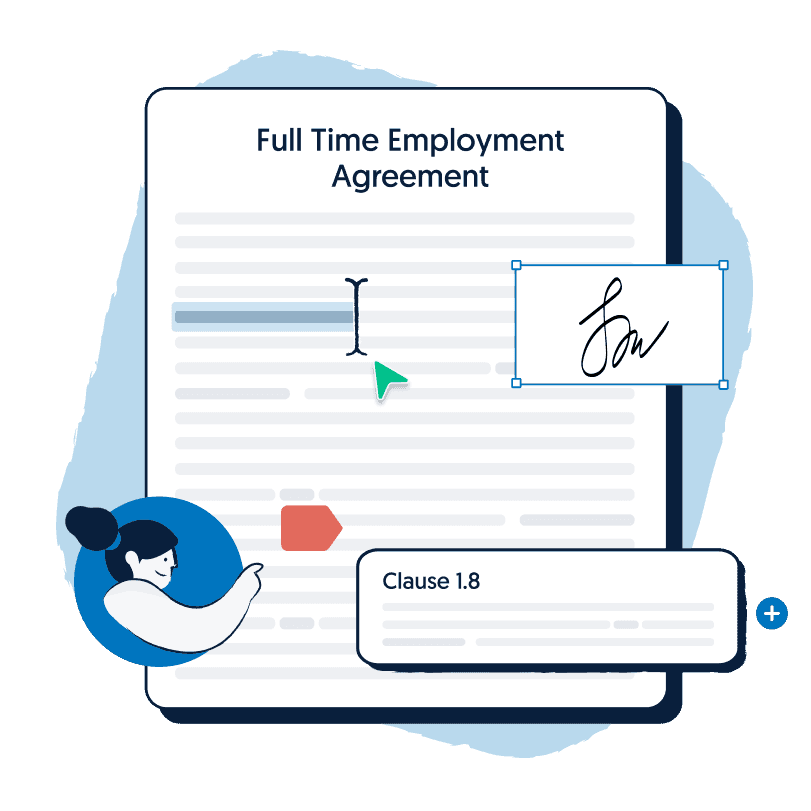There have long been questions about annual leave or holiday pay, how it accrues and when an employee can have their leave paid out. Previously, there has been some ambiguity around whether annual leave loading should be included in an employee’s final pay. In this article, we’ll explain developments in the employment law space when it comes to annual leave.
Table of Contents
What is annual leave loading?
‘Loading’ in the employment context is an extra amount of money which an employee can receive in addition to their usual rate of pay. This is typically 17.5% of your ordinary rate of pay. However, it varies depending on your employment contract or other applicable agreement. It is not an automatic entitlement. Loading applies to:
- The hourly rate of casual employees.
- Working on holidays.
- Annual leave (for most Modern Awards).
When employees take annual leave, they do not work the overtime hours which may ordinarily increase their income. For this purpose, annual leave loading is extra compensation which is payable when an employee takes annual leave. Separate to annual leave pay itself, annual leave loading accounts for the overtime employees may accrue when they are working.
Leave upon termination of employment
It is a legal requirement that an employee be paid out any untaken annual leave upon termination of employment. As per the National Employment Standards, enterprise and other agreements cannot reduce annual leave entitlements.

Get your Full Time Employment Agreement legal document for free.
Legislation
Section 90(2) of the Fair Work Act 2009 (Cth) provides that when employment ends, employees must be be paid for any untaken annual leave. The court has ruled that the amount payable is that which the employee would have received if they had taken the leave during their period of employment. Most full time employees in Australia can take 20 days of annual leave per year. This accrues on a rolling basis, meaning employees can leave a job with large leave balances if this leave isn’t taken.
In the case of Stephen Edward Ryan v Whitehaven Coal Mining Pty Ltd, the contract of employment as well as terms of an enterprise agreement applied to the employee. Both of which referenced leave entitlements. The employee was entitled to either the greater of his leave plus a 20% leave loading or projected roster earnings. The confusion arose over whether the leave loading was also payable on termination.
The decision and its implications
There were a host of implications that arose out of the decision in Stephen Edward Ryan v Whitehaven Coal Mining Pty Ltd. Section 90(2) was to be read and understood according to its ordinary meaning. This was interpreted to mean that an employee is entitled to untaken annual leave plus annual leave loading.
Furthermore, the decision provided an answer of what to do when the Award or Agreement omits the leave payable on termination. It is now clear that any accrued leave plus leave loading requires payment as per the legislation.
There is a clear message to employers here. Where leave loading would apply to annual leave taken during the period of employment, then employees will be entitled to be paid leave loading on any accrued annual leave at the time of their termination. It may be worth talking to one of our employment lawyers to assist with manging employee annual leave rights.




